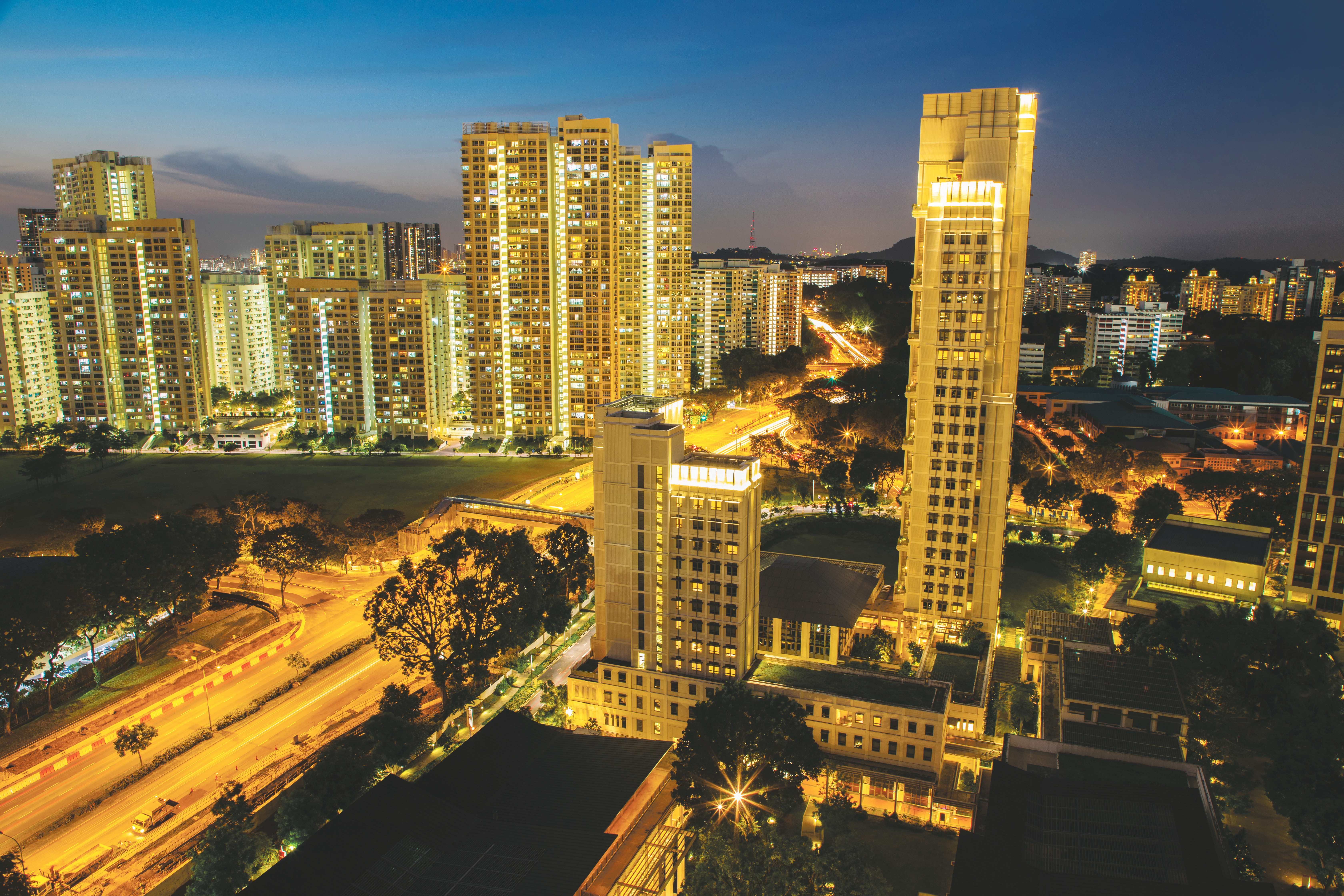
Yale Daily News
Two weeks after the decision to annul a Yale-NUS program about dissent drew controversy, Vice President for Global Strategy Pericles Lewis announced on Sunday that the cancellation was made internally and without government interference.
Following the announcement to cancel the class about dissent and resistance in Singapore, University President Peter Salovey instructed Lewis — who previously served as the president of Yale’s sister college — to conduct a review of the decision. According to the report, Lewis visited Singapore to interview leaders of the college, including Yale-NUS President Tan Tai Yong, three vice presidents, the dean of students and the dean of faculty. His consultations revealed that the cancellation was a culmination of administrative errors, rather than a symptom of a lack of academic freedom or open inquiry, Lewis said.
“[The decision] did not, in my view and the view of all the participants I met, infringe on the academic freedom of the proposed instructor or of anyone at the College,” Lewis said.
Slated for late September, “Dialogue and Dissent in Singapore” — a one-week outside-the-classroom course — was designed to examine political, social and ethical issues of dissent by hosting activists like human rights defender Jolovan Wham, artist Priyageetha Dia and filmmaker Daniel Hui. Earlier in the fall, Tan said the school cancelled the program because “the planned schedule of activities included elements that could subject students to the risk of breaking the law, and incurring legal liabilities.”
Since the founding of Yale-NUS, faculty members have voiced concerns about the potential infringement of academic freedom and open discourse under an authoritarian regime. The cancellation of the week-long program marked the first instance where those speculations materialized into a potential instance of free speech violation.
While the course was tentatively approved by the Yale-NUS Curriculum Committee on May 31, concerns about the program violating local law or not meeting the university’s academic standards later arose. According to the report, course instructor and playwright Alfian bin Sa’at said he felt that he did not receive “clear instructions about how to address these concerns.”
In the report, Lewis stated that while Yale-NUS College articulated legitimate academic and legal reasons to cancel the module, the Curriculum Committee should have been involved more continuously and the legal risk assessment should have taken place sooner. For example, the University’s sister college should not have announced the course on Aug. 14 prior to receiving official approval, the report said.
The report also discussed the legal repercussions international students may have faced for their participation in the class. Earlier in September, Singaporean ministry officials confirmed that activities like “experiential demonstration” at Hong Lim Park could result in students facing legal action. As students in the U.S. have to abide by the nation’s laws, Yale-NUS must operate within the bounds of Singaporean legal code, Lewis said.
Still, the former college president emphasized that despite weaker protections of civil liberties in Singapore, the overall environment is conducive to creating a liberal arts college. He added that all 12 Yale-NUS faculty members interviewed said academic freedom is protected on Singapore’s campus. The college offers several full-semester courses on dissent and has invited controversial speakers to campus, Lewis said.
But many faculty members who initially opposed the creation of Yale’s sister college for concerns surrounding academic freedom remain unconvinced. English professor Mark Oppenheimer ’96 GRD ’03 told the News that while the cancelled course seemed to value emotive exercises over critical thinking, “the fact that Yale has to worry about some of its affiliated students being deported (or worse) should they have fulfilled the requirements of this class, proves yet again why Yale-NUS was a bad idea from the start.”
In an interview with the News, East Asian studies professor Mimi Yiengpruksawan questioned the impartiality of the University’s investigation, given that Lewis was the founding president of Yale-NUS.
“I think it is time to implement an evaluation system … by which members of the faculty are given the opportunity to evaluate the policies and actions of the administrators who manage the University,” Yiengpruksawan said. “Had such a system been in place at the time that Yale-NUS was concocted, I am confident that we would not be revisiting these matters today.”
For his part, Salovey said he understood faculty members’ resistance to Yale’s partnership with the Singaporean college and said he immediately responded to the cancellation by delegating Lewis for the investigation.
“The leadership and faculty of Yale-NUS College have made clear to me their commitment to our shared values,” Salovey said. “That commitment has allowed this very young institution to establish itself as a model liberal-arts college in Asia, to the great benefit of its exceptional student body.”
Lewis served as president of Yale-NUS from 2012 to 2017.
Alayna Lee | alayna.lee@yale.edu
Kelly Wei | kelly.wei@yale.edu







